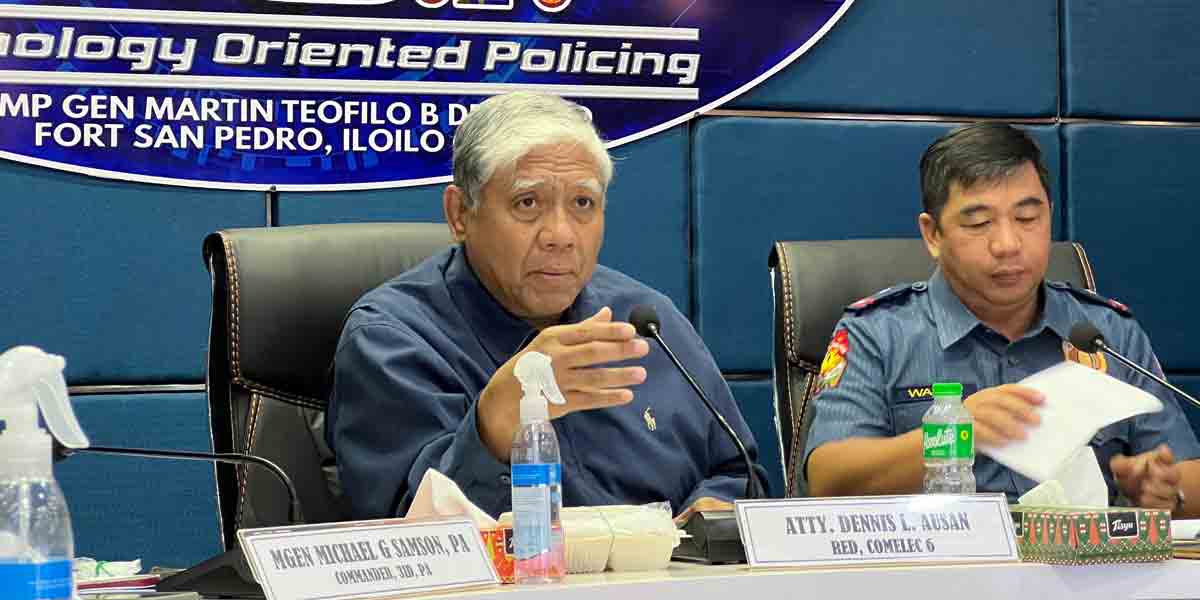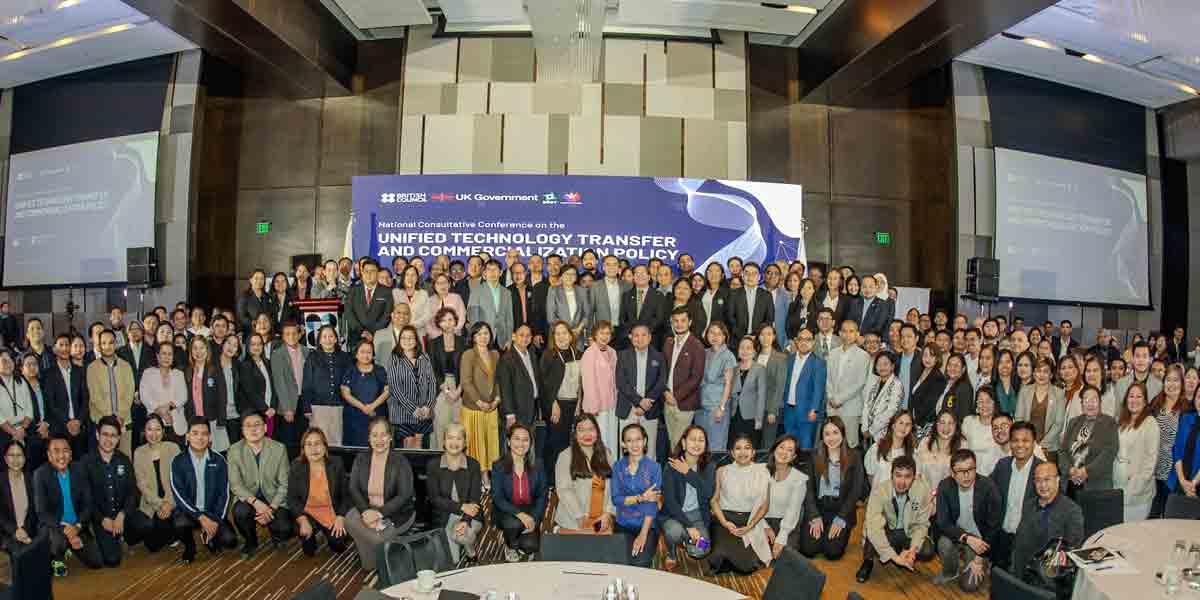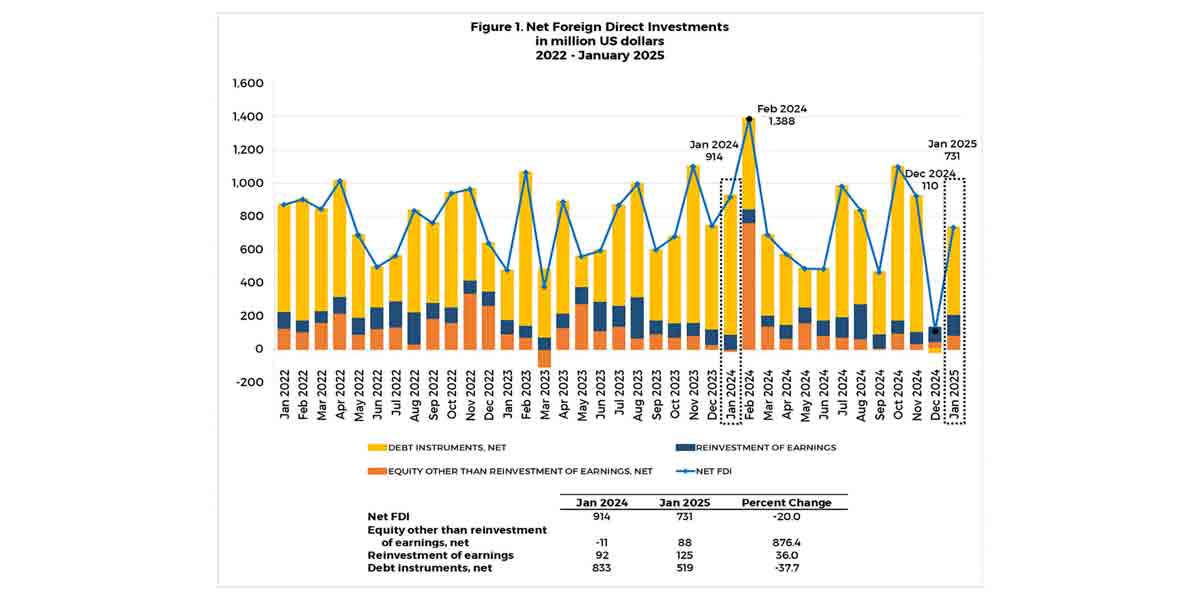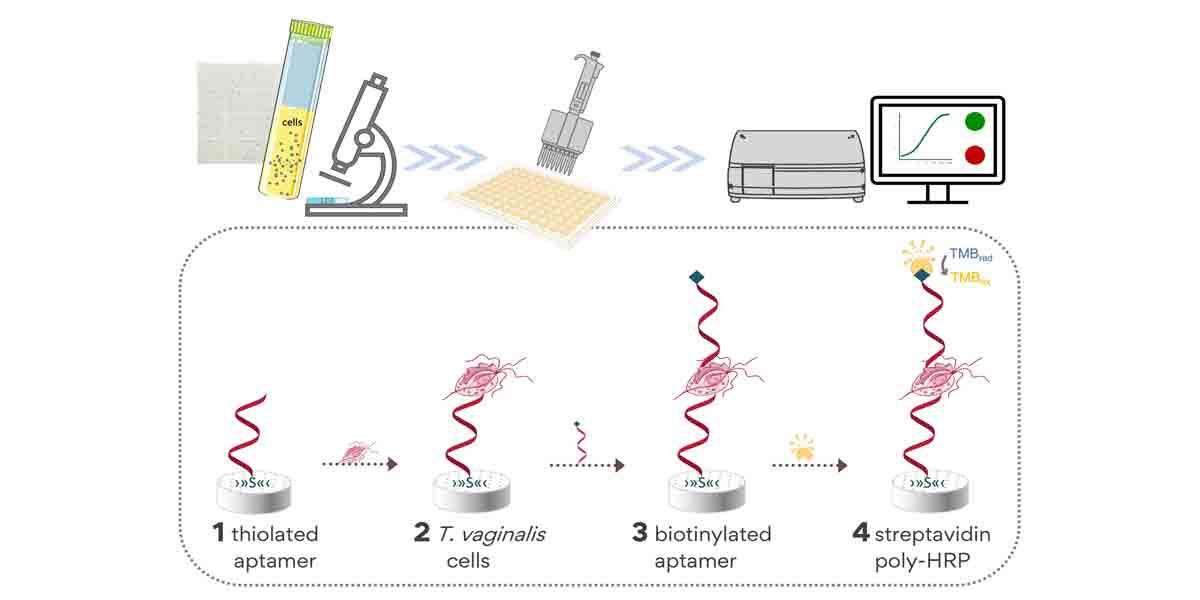Department of Trade and Industry (DTI) Secretary Fred Pascual welcomes the issuance of Executive Order (EO) No. 18, which mandates the creation of green lanes for strategic investments.
“This EO complements our efforts to facilitate a robust economic recovery and expansion. It promotes ease of doing business as national government agencies including its regional and provincial offices, as well as local government units are now mandated to create green lanes that will fast track the process of securing necessary licenses and permits for strategic investments. This increases the attractiveness of our country as an investment destination”, Secretary Pascual said.
The EO, signed by Executive Secretary Lucas Bersamin on 23 February 2023 is consistent with the current administration’s Eight-Point Socioeconomic Agenda and serves as a crucial part of its efforts to implement policy reforms that will facilitate ease of doing business in the Philippines. It covers all national government agencies (NGAs) and their regional and provincial offices, government-owned or -controlled corporations (GOCCs), local government units (LGUs), and other government instrumentalities.
In October last year, Secretary Fred Pascual and the DTI Board of Investments recommended the issuance of the EO after reporting the investment leads gathered from the previous Presidential Visits.
“It was during the meeting that we communicated to the President that several investors are interested to expand operations in the Philippines. Most of them have emphasized the importance of advancing ease of doing business after we have identified barriers across multiple regulatory agencies that hamper the smooth entry of FDIs in the country”, the Trade Chief added.
Under the EO, strategic investments are classified into three: (1) Highly desirable projects, (2) Foreign Direct Investments (FDIs), and (3) Projects or activities under the Strategic Investment Priority Plan (SIPP). Further, strategic investments are those which are aligned with the Philippine Development Plan and are expected to contribute significantly to the Philippine economy by bringing significant capital or investments, contributing to the country’s balance of payments, and improving the country’s infrastructure capabilities.
Within six months from its issuance, the EO also mandates the DTI-Board of Investments (BOI) to establish a One-Stop-Action-Center for Strategic Investments (OSAC-SI), which will serve as a single point of entry for all projects that qualifies as Strategic Investments.
Secretary Pascual said that “The OSAC-SI will help address investor concerns and issues. It will also facilitate the endorsement of strategic investments to concerned government agencies so they can assist them in processing the licenses and documentary requirements they need.”
Further, the DTI-BOI is tasked to produce and regularly update a manual or guidebook for investors, which shall contain the list of government requirements for the establishment of strategic investments per sector. The DTI-BOI will also be assisted by the Department of Budget and Management (DBM) to operationalize the OSAC-SI.
Green lanes, upon establishment, are in charge of expediting or fast tracking the processes involved in the issuance of licenses, permits, and other certifications for strategic investments endorsed by OSAC-SI. Further, these shall be integrated and should not be duplicative of the existing one-stop-shops or one-stop action centers.
As part of the government’s digitalization efforts, the EO warrants concerned NGA or LGU to enable electronic submission of application for, and issuance of license, clearance, permit, certification, including payments.
Likewise, the EO sets a timeline for the processing of documents. NGAs and LGUs are ordered to act on applications not longer than three (3) working days for simple transactions, seven (7) working days for complex transactions, and twenty (20) working days for highly-technical transactions from the date of the receipt of application. However, the prescribed maximum processing period may be extended only once for the same number of days if it is indicated in the Citizen’s Charter.
In case of failure of the NGA or LGU to act, whether to approve or disapprove an application, it shall be deemed approve consistent with Section 10 of Republic Act No. 9485 or the Anti-Red Tape Act of 2007. Further, DTI-BOI may endorse to the Anti-Red Tape Authority applications for permits and licenses which are not yet resolved after the lapse of the original or extension period.
For the purpose of efficient monitoring, the EO also mandates concerned NGA, LGU, and/or quasi-judicial body to submit monthly updates to the DTI-BOI reflecting the status of applications received and acted upon. Likewise, a Technical Working Group (TWG) is created to serve as an oversight body that will ensure the efficient and successful implementation of the EO. This initiative requires a whole-of-government collaboration as DTI OSAC-SI, NGAs, LGUs, GOCCs, and other government instrumentalities are ordered to coordinate with one another for assistance and support.



















